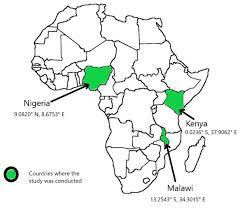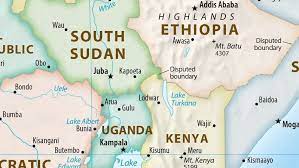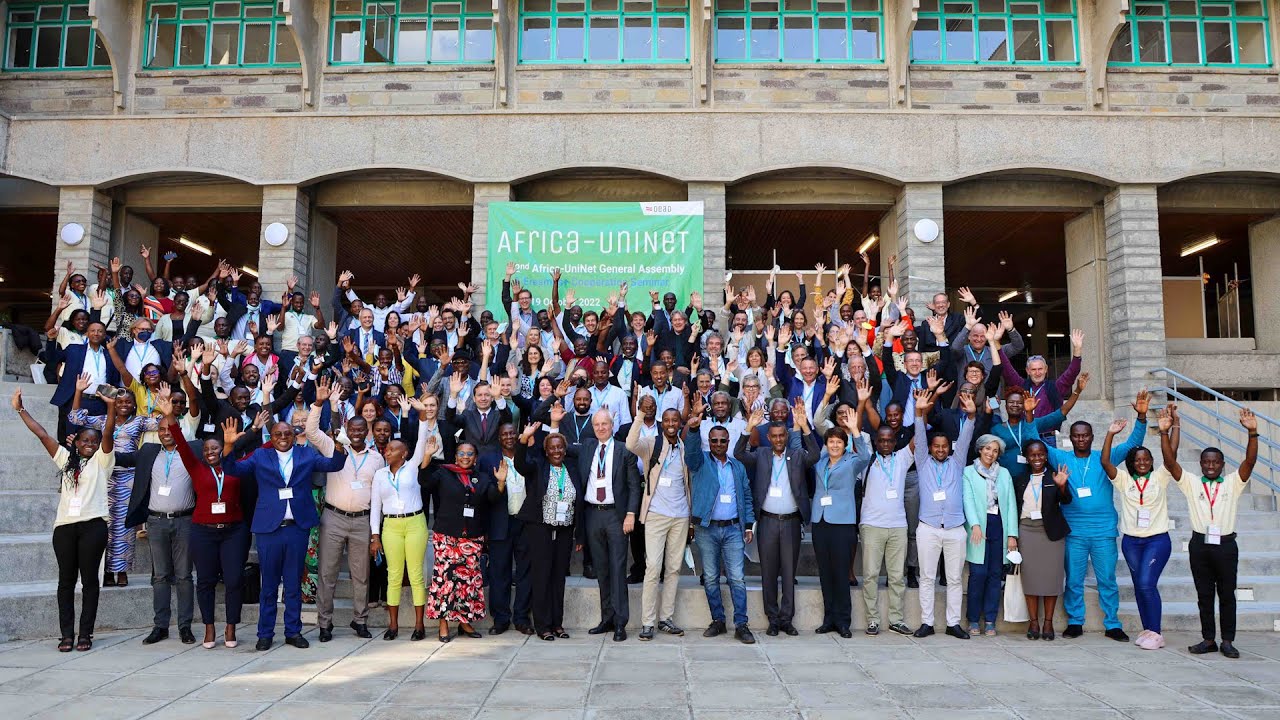In the wake of climate change, climate-smart agriculture has been proposed as an option for mitigation and adaptation to the attendant harsh impacts among smallholder farmers in Africa. The approach has been promoted for nearly two decades in Kenya, Nigeria, and Malawi, but with low adoption among farmers.
This study therefore sought to determine the pathways for sustainable scaling of climate-smart agricultural technologies and practices in the three countries. Secondary and primary data were obtained from desk review, field survey, key informant interviews, and focus group discussions. Data was analyzed using descriptive statistics and multivariate probit regression. The multivariate probit regression result showed eight negative correlated coefficients between the climate-smart agriculture technologies and practices adopted, thus implying that the practices are substitutes for each other.
It was observed that gender had no significant influence on the adoption of a set of practices (refuse retention, minimum tillage, green manure, and mulching) but influenced significantly the adoption of early maturing varieties. Implicitly, therefore, apart from gender, the adoption of climate-smart agriculture technologies and practices might often continue reading ...







